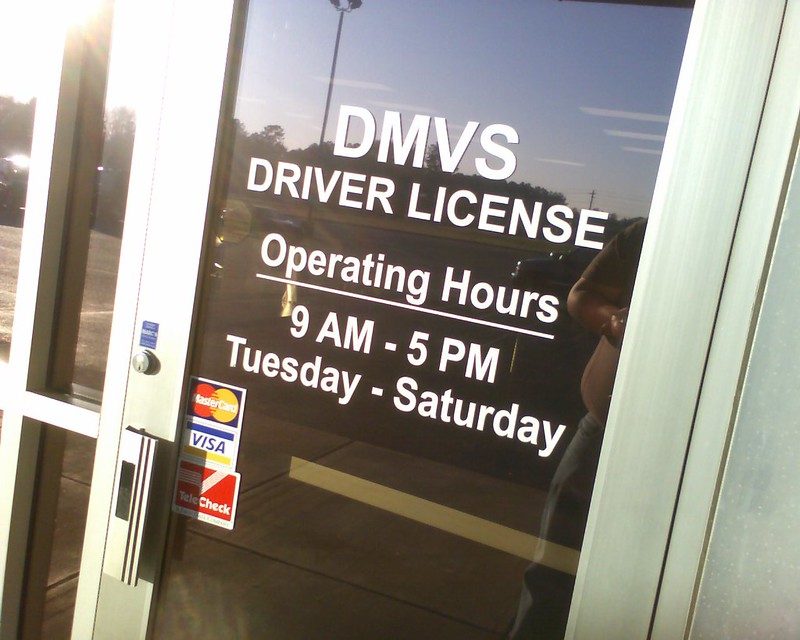
There’s a good chance there is a government identification card in your pocket. It’s called a driver’s license.
It is a voluntary form of identification—even in car-crazy California, not every adult has a license (only 84 percent of Californians of driving age). And there are alternative IDs, such as passports. Still, only 21.4 million Americans have passports; 227.7 million have driver’s licenses. And unless you are traveling abroad, a driver’s license is usually all you need to board a commercial airplane, have a document notarized, or if you’re a young adult, get a drink in a bar. They are accepted almost everywhere as proof of age and identity.
So why do we have driver’s licenses? Who issued them in the beginning? And why are state governments the ones issuing them now and not the federal government or local governments—or, for that matter, private businesses?
The unsurprising reason: Almost as soon as the first motorized vehicles hit the streets of big cities, people were concerned about safety—and specifically about drivers’ ability to control these one-ton conveyances. New York and Chicago had some early requirements that drivers be registered, but the first true driver’s licenses were issued by Massachusetts and Missouri in 1903. Rhode Island was the first state in 1908 to require that drivers pass a driving-skills test. Then one state after another followed suit, although some took their time. (South Dakota was the last state to hand out licenses without a test. It finally adopted driving tests in 1959.)
Why did states issue licenses and not localities or the federal government? This doesn’t appear to have been much debated in the early 20th century. Every state was in the road- and highway-construction business, so every state already had a role in transportation. States had the right physical scale for licensing drivers so that cars could roam easily outside of cities and counties. And the federal government had no interest.
Private industry might have been interested in issuing licenses and testing drivers, but corporations could not make these things compulsory. Only governments could do that—and back the requirement up with police enforcement, fines, and the threat of jail. So the states ended up testing drivers and issuing cards and, in time, vehicle license plates.
If you’re thankful someone tests drivers before allowing them on the streets, if you’re thankful that you are one of those tested drivers, if you’ve ever used a driver’s license to prove your age or identity, you can thank government.
More information:
https://itstillruns.com/history-drivers-license-5552087.html
https://www.history.com/news/when-was-the-first-u-s-drivers-license-issued
Give the credit to: state governments
Photo by Chris Harrison licensed under Creative Commons.
Leave a Reply